If pop-ups are blocked for the website, please allow them in your browser and restart the course. Continue the course from the new tab, and do not close this tab until you have completed the course.
The Analysis of Brain Injury Claims course is designed to familiarize adjusters
and litigators with important aspects of traumatic brain injury (TBI) claims from
a neurological standpoint. The module is presented by Dr. Steven Carter, a
Licensed Psychologist.
Dr. Carter begins by defining traumatic brain
injury, identifying the causes and symptoms of TBI, and pointing out trouble
areas in diagnosis. He also explains what insurance professionals should be
looking for when reviewing medical records obtained during discovery. The
instructor next discusses the neuropsychological examination issues including the
Glasgow Coma Score, structural imaging, functional imaging, electro physical
techniques, and neuropsychological assessment issues.
After completing the
course, the attendee will be able to better understand brain injury losses, the
importance of certain types of discovery, the relevance and applicability of
certain tests and imaging, and defenses to allegations of brain injury.
Specifically the attendee will be able to explain the mechanisms of mechanical
injury such as from an auto accident or a fall; explain the importance of
premorbid issues as they relate to claims for loss of neurological function; list
causes of brain injury other than mechanical injury; list key terms one might
find when reviewing medical records concerning TBI; list the elements required
for an assessment of dementia due to brain trauma; explain the distinction
between a closed head injury and TBI; list records that should be sought in
discovery for purposes of establishing premorbid function; describe symptom
latency and its relevance to recovery from brain injury; calculate Glasgow Coma
Scores; list the components of the meninges and hemorrhage types found in the
meninges; explain the types of neuroimaging techniques, their purposes, and the
limitations of each; and list errors that can lead to incorrect
neuropsychological assessment.
The course is designed for practitioners
and insurance professionals working in the area of third-party liability
insurance coverage and litigation.
What CE Credit is available?
Note: To qualify for credit, you must submit completion (including a passed final exam if required) within five days of completing the last quiz. No partial credits will be awarded.
|
State:
|
Adjuster General
CE Hours: |
Adjuster Ethics
CE Hours: |
Attorney General
CLE Hours: |
State's Course ID:
|
| NH | 2.0 | 465510 | ||
| TX (classroom equivalent) | 2.0 | 138082 | ||
| NC | 2.0 | C78426 | ||
| FL * ( Provider Number: 364169 ) | 2.0 | 1198944 | ||
| IL | 2.0 | 485498 | ||
| OK | 2.0 | 1025771 | ||
| WY | 2.0 | 35152 |
* This course has been approved by the Florida Department of Financial Services for insurance continuing education credit.

